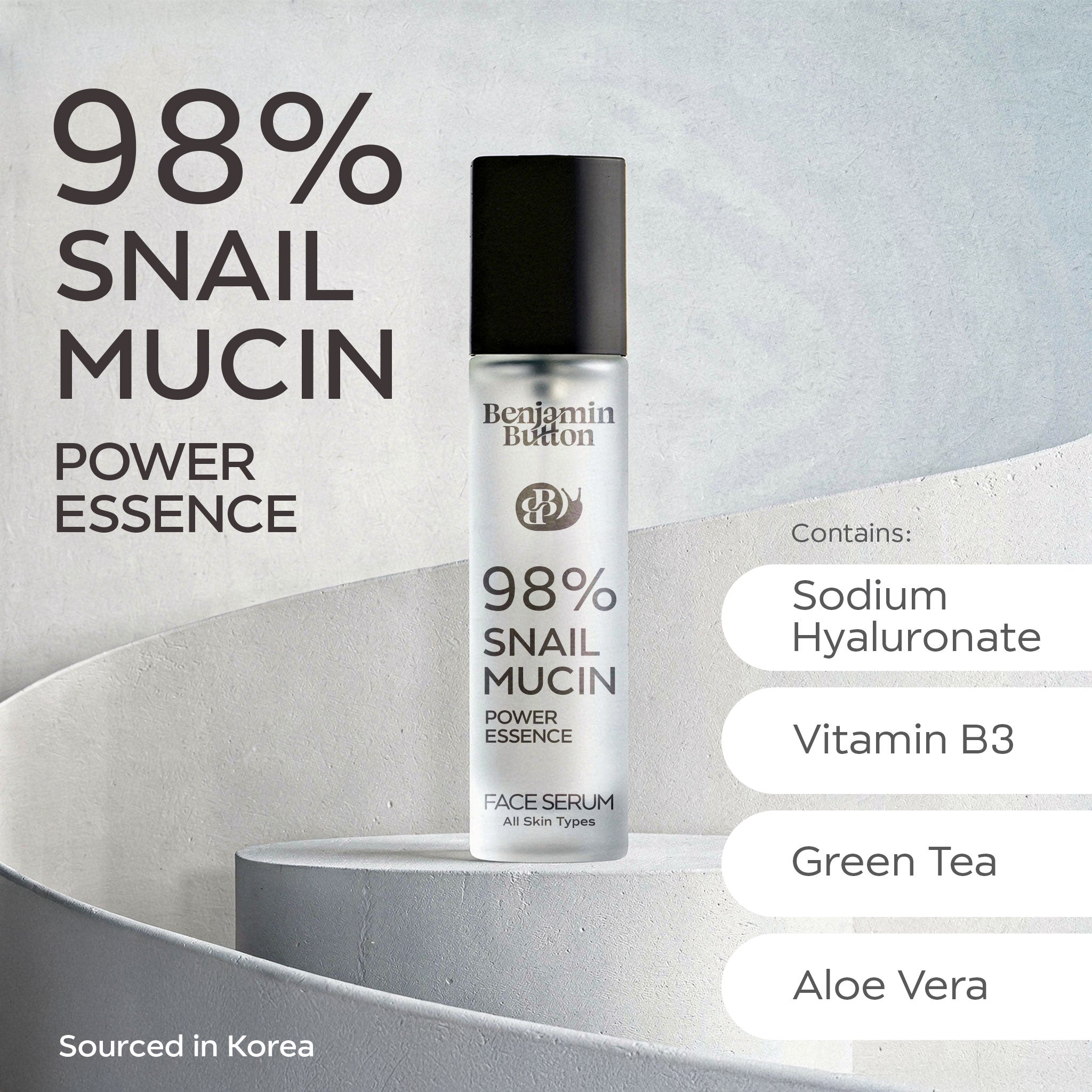Top Foods to Restore Gut Health After Antibiotics
Antibiotics, while essential for battling infections, can disrupt the delicate balance of our gut microbiome. It's crucial to understand how we can restore gut health effectively after such treatment. Hereditarily, our microbiomes consist of trillions of bacteria that play a vital role in digestion, immunity, and even mood. When antibiotics wipe out harmful bacteria, they can also eliminate good ones, leading to digestive issues and a weakened immune system. Incorporating the right foods post-antibiotics can help bring your gut back to its optimal state.Fermented Foods
One of the best ways to replenish gut bacteria is through fermented foods. These foods are teeming with probiotics, the beneficial bacteria that support gut health.- Yoghurt: Look for varieties with live cultures, as they are rich in probiotics. They can aid digestion and keep your gut's flora balanced.
- Kefir: A fermented milk drink, kefir is even richer in probiotics than yoghurt and can significantly enhance your gut health.
- Sauerkraut: This fermented cabbage dish is not only tasty but also packed with vitamins, fibre, and beneficial bacteria.
- Kombucha: A fizzy fermented tea that is refreshing and brimming with probiotics and antioxidants.
- Miso: A traditional Japanese paste made from fermented soybeans, miso is perfect for adding depth to soups and sauces while topping up your good bacteria.
High-Fibre Foods
Fibre is critical in nurturing the gut microbiome as it acts as a food source for beneficial bacteria. Including high-fibre foods can significantly aid in the restoration process.- Whole Grains: Foods like quinoa, brown rice, and oats are excellent sources of fibre, which helps to feed your good bacteria.
- Fruits: Bananas, apples, and berries not only provide fibre but also contain prebiotics, improving gut health.
- Vegetables: Leafy greens like spinach and kale, as well as cruciferous vegetables like broccoli, are high in fibre and aid digestion.
- Legumes: Beans, lentils, and chickpeas are not only rich in fibre but also excellent for producing good gut bacteria.
Bone Broth
Bone broth is a nutrient-dense food that can support gut health significantly. It contains collagen, amino acids, and minerals that can help to heal the gut lining and reduce inflammation. Consuming bone broth can aid in restoring the gut’s natural barrier and promoting a healthy microbiome.Healthy Fats
Incorporating healthy fats is essential for restoring gut health. They help in absorbing essential nutrients and can promote a balanced gut.- Avocados: These creamy delights are rich in healthy fats and fibre, helping maintain a healthy gut.
- Olive Oil: Extra virgin olive oil is not just a culinary staple but also a source of beneficial polyunsaturated fats that can support gut health.
- Nuts and Seeds: Almonds, walnuts, chia seeds, and flaxseeds are great sources of healthy fats and can help promote the growth of good bacteria in the gut.
Hydration and Herbal Teas
Staying hydrated is essential for maintaining good health, especially after a course of antibiotics. Drinking plenty of water helps in digestion and the efficient transport of nutrients. Furthermore, certain herbal teas can have gut-restorative properties.- Ginger Tea: Known for its anti-inflammatory properties, ginger can soothe the digestive tract and help ease nausea.
- Peppermint Tea: It can aid in digestive health, helping to relax the muscles of the gastrointestinal tract.
- Chamomile Tea: This calming tea can reduce inflammation and may help treat stomach cramps.
Limit Processed Foods and Sugars
While focusing on foods that promote gut health, it’s equally important to steer clear of foods that can hinder recovery. Processed foods and those high in added sugars can negatively impact your gut bacteria.- Processed Foods: Items like snack cakes, frozen meals, and sugary cereals can disrupt the balance of gut bacteria.
- Additives and Preservatives: These can throw your microbiome out of balance, so it’s best to opt for whole, unprocessed foods.
- High Sugar Foods: Foods laden with refined sugars can promote the growth of harmful bacteria and yeast in the gut.






















